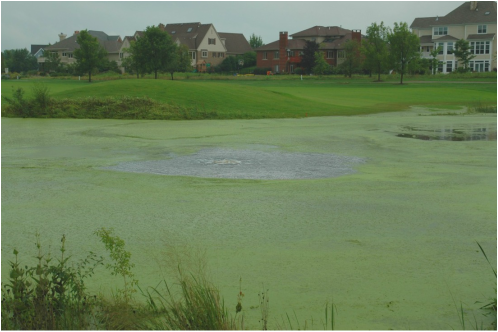|
HUMAN IMPACT ON LARGE SCALE NUTRIENT CYCLING & WATER QUALITY
Human actions have a startlingly large impact on global and regional nutrient cycling. Phosphorus (P) is a key pollutant responsible for eutrophication of aquatic ecosystems. Excessive P in lakes can lead to symptoms such as noxious algal blooms, increased aquatic plant growth, foul odors and oxygen depletion. These symptoms can lead to loss of the economic, ecological and aesthetic value of lakes by restricting use for drinking water, fisheries, and recreation. P can accumulate in soils due to fertilizer or manure use. High soil P concentrations may set the stage for decades or even centuries of eutrophication and affect system resilience. We undertake studies to learn how people change P cycles through farming, trade, and other activities, and how this, in turn impacts water quality. Lab projects in this topic include examining the impact of increased meat consumption on increased demand for P over the past decades; calculating a planetary boundary for P that takes freshwater eutrophication into account mapping spatially-explicit global P budgets, and determining eutrophication risk around the world based on human use of P and high quality hydrologic models. |
Collaborators and students working on various projects include Jillian Treadwell, Anna Kusmer, Steve Carpenter, Jim Elser, Navin Ramankutty, and Simon Donner.
|
Projects in this theme are funded by


